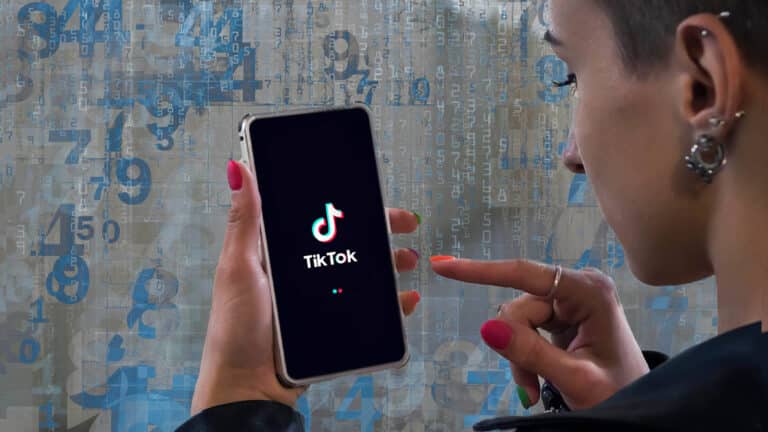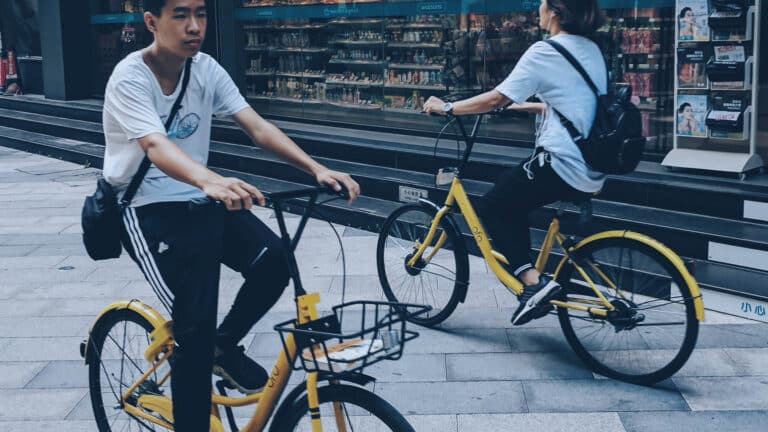Maciej Dębski
A sociologist of social issues, academic lecturer, social educator, and expert in conducting scientific research. He is also an expert for the Supreme Audit Office, the Ombudsman for Citizen's Rights, and the Founder and President of the "DBAM O MÓJ Z@SIĘG" Foundation. He is the author/co-author of scientific publications on social issues (homelessness, family violence, substance abuse, behavioral addictions) and strategic documents, as well as local programs. He initiated nationwide research on phonoholism and the problem of cyberbullying conducted among 22,000 students and 4,000 teachers. In 2016, he implemented the first social experiment in Europe involving the disconnection of 100 people from all electronic devices (mobile phones, tablets, the internet, online games, Playstation, television) for 72 hours, which ended in a successful research outcome.




